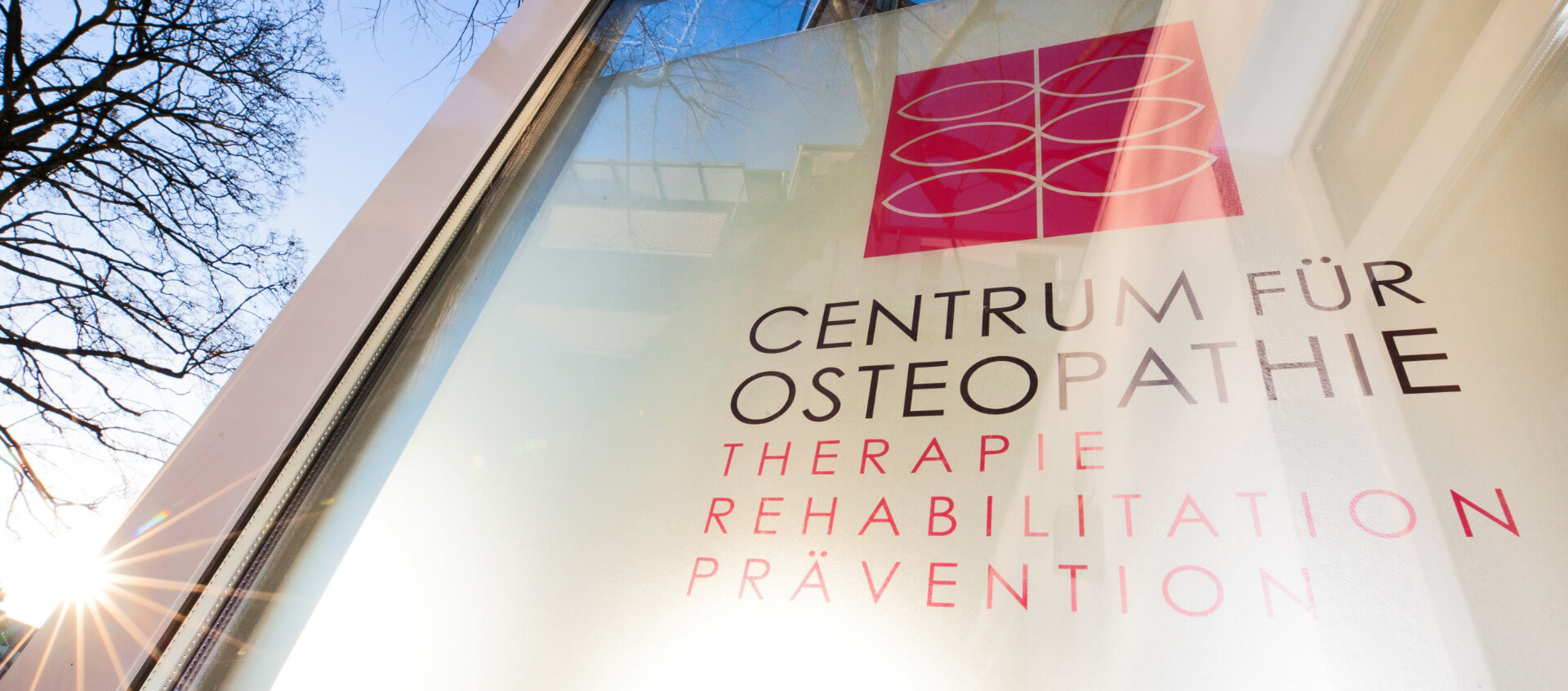
Basic information on diseases of the shoulder for patients in our osteopathic practice
Impingement syndrome of the shoulder (Rotator cuff syndrome)
The rotator cuff is the name of an importmant group of muscles that surround and stabilize the shoulder joint. Impingement syndrome is a condition that leads to inflammation of one or more of the rotator cuff tendons in the shoulder either due to acute injury or gradual degenerative change. Repetitive movements that involve holding the arms above the head, such as those required in many manual occupations, or heavy lifting can promote shoulder impingement syndrome. The risk of developing shoulder impingement syndrome increases with age. Patients describe a dull, deep-seated pain in the shoulder often accompanied by achey pain in the upper part of the upper arm. During the acute phase, pain is exacerbated by either lifting the effected arm above 90 degrees or laying directly on the arm.
This information has been provided to you as a general source of background information only, as in accordance with german law as Heilpraktikers, we are forbidden to list conditions or diseases we potentially treat, as this is considered a promise of cure. If you would like to know whether osteopathy is an option for your shoulder symptoms or impingement syndrome, please feel free to call us.
Bursitis of the shoulder
Bursa are fluid filled sacs that generally lie in areas of high frictional stress, most typically between bones and tendons. One-sided posture, certain types of sport or a recurring postural stresses can trigger inflammation of these sacs, hence leading to bursitis. If a bursa becomes inflamed, it is often very painful and acute. The affected joint is significantly restricted due to the pain and the pain is generally dull and permanent.
This information has been provided to you as a general source of background information only, as in accordance with german law as Heilpraktikers, we are forbidden to list conditions or diseases we potentially treat, as this is considered a promise of cure. If you would like to know whether osteopathy is an option for your shoulder symptoms or bursitis of the shoulder, please feel free to call us.
Frozen Shoulder (Adhesive Capsulitis)
Frozen shoulder is a painful stiffening condition of the shoulder joint with an incidence of 5%. Women are 4 times more likely to be affected, especially women over 40. (1) Frozen shoulder usually progresses in three stages: in the first “freezing” phase, pain is immense and shoulder movement is significantly restricted. In the second “freezing” stage, the pain may decrease, but the stiffness increases further. In the third “thawing” phase, the symptoms subside. Often the pain is felt more at night.
Frozen shoulder is caused by a change in the joint capsule. It often occurs after immobilization after injury or secondary to systemic illnesses such as diabetes, hypothyroidism or hyperthyroidism.
This information has been provided to you as a general source of background information only, as in accordance with german law as Heilpraktikers, we are forbidden to list conditions or diseases we potentially treat, as this is considered a promise of cure. If you would like to know whether osteopathy is an option for your shoulder symptoms or frozen shoulder, please feel free to call us.
(1) Kingston K, Curry EJ, Galvin JW, Li X. (2018) Shoulder adhesive capsulitis: epidemiology and predictors of surgery. J Shoulder Elbow Surg. 27(8): 1437-1443.
Acromioclavicular (AC) injury
An acromioclavicular (AC) injury leads to disruption and inflammation of the AC ligaments resulting from trauma such as an accident, e.g. a fall or a blow to the shoulder as commonly seen with contact sports. Shoulder mobility becomes painful and severely restricted.
This information has been provided to you as a general source of background information only, as in accordance with german law as Heilpraktikers, we are forbidden to list conditions or diseases we potentially treat, as this is considered a promise of cure. If you would like to know whether osteopathy is an option for your shoulder AC joint injury, please feel free to call us.
Shoulder dislocation
A shoulder dislocation occurs when the spherical head of the humerus dislocates out of the socket of the shoulder joint. It is one of the most common shoulder injuries. Once a shoulder dislocation has occurred, the risk of suffering further dislocations are increased due to subsequent shoulder joint ligament and capsule laxity. The cause is typically traumatic.
A telltale sign of shoulder dislocation is an altered carrying position of the arm. The pain is usually very severe and the shoulder joint is greatly restricted.
This information has been provided to you as a general source of background information only, as in accordance with german law as Heilpraktikers, we are forbidden to list conditions or diseases we potentially treat, as this is considered a promise of cure. If you would like to know whether osteopathy is an option for your shoulder symptoms or shoulder dislocation, please feel free to call us.